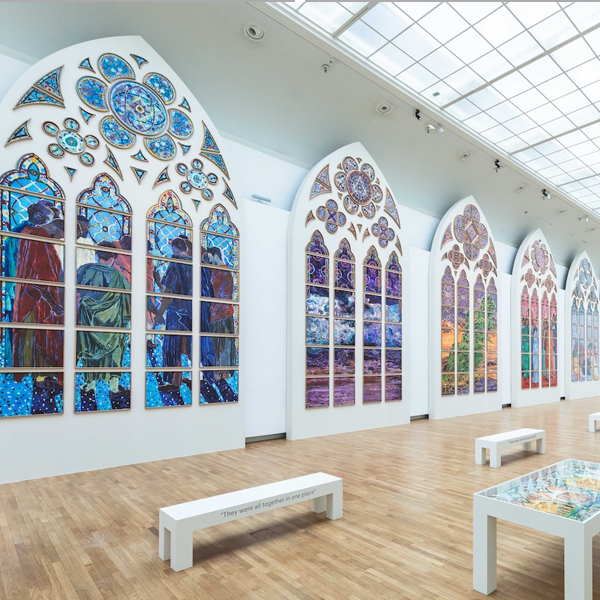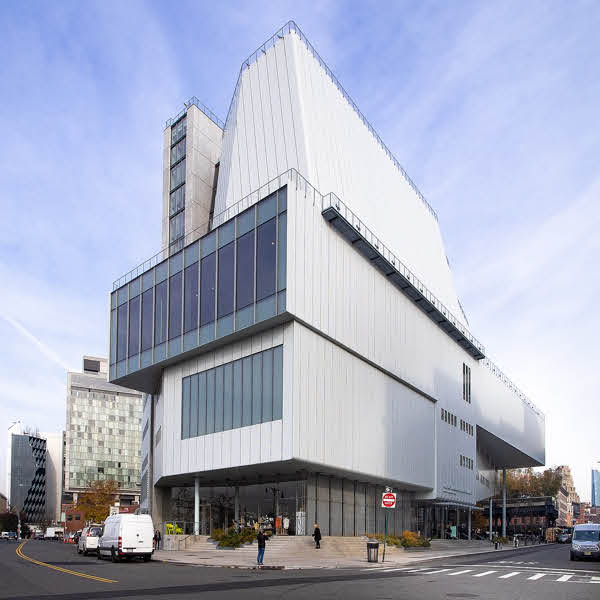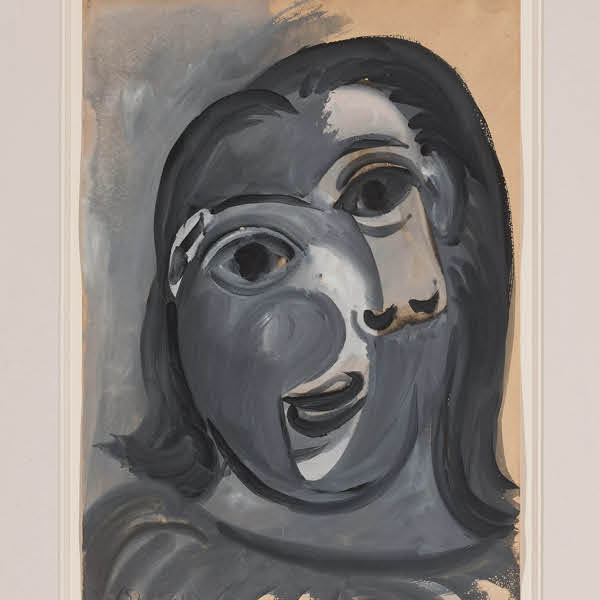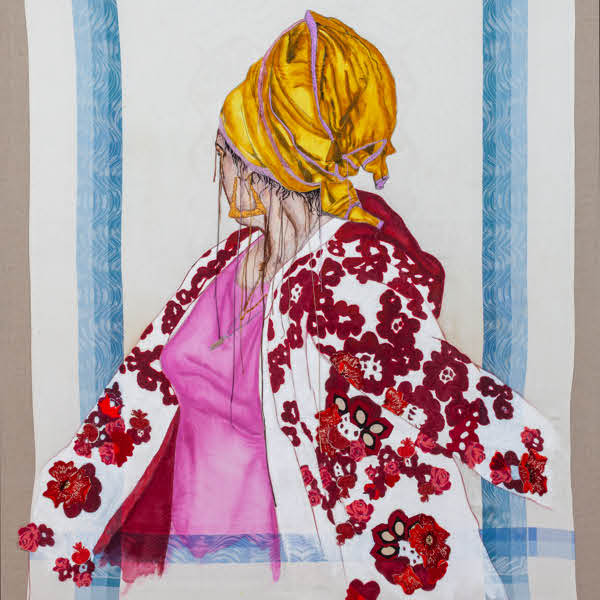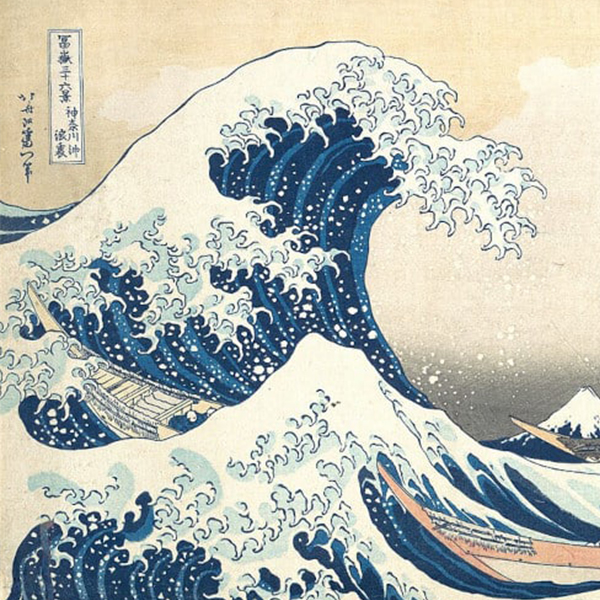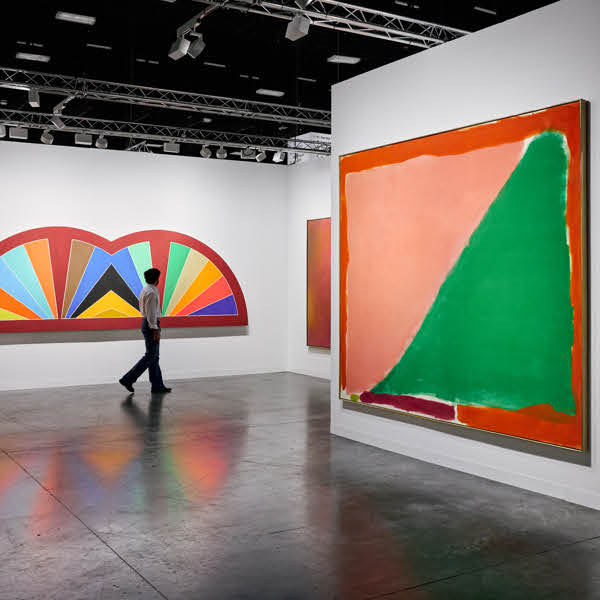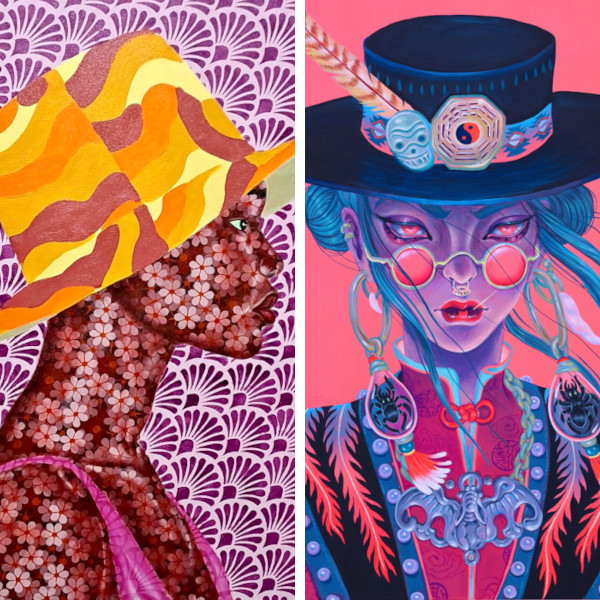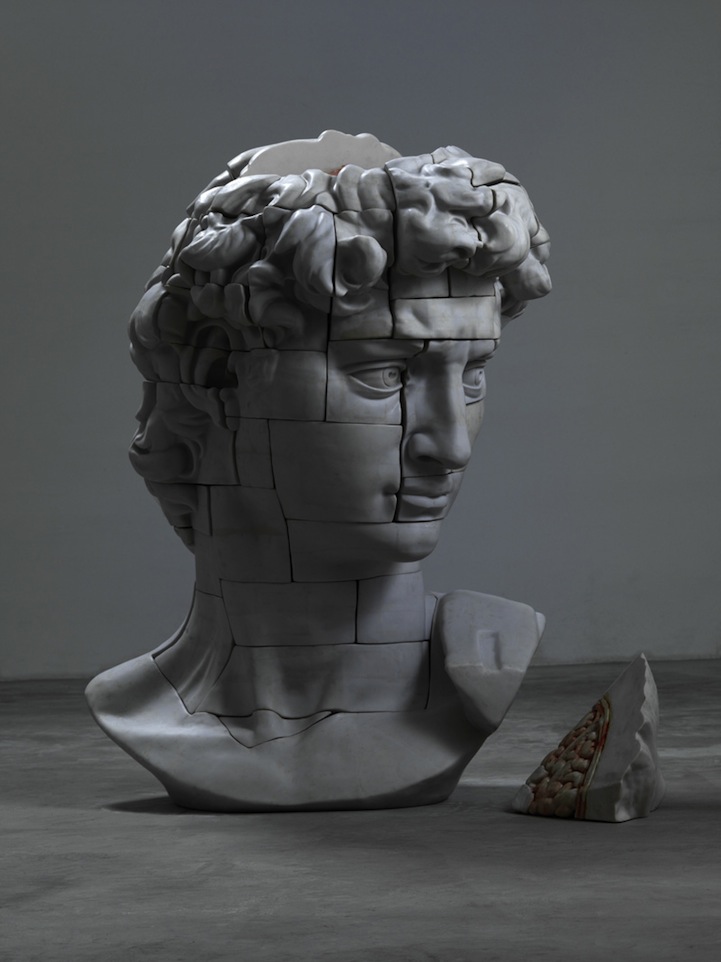
Chinese artist Cao Hui challenges conventional perception of inanimate objects by re-imagining their innards as something more than the inorganic materials used to compose their exterior. When fully assembled, the artist's modular sculptures appear to be like any other finely crafted structure, but it's upon dismantling the piece that one notices the insides replicating the color and texture of raw meat. Essentially, Cao gives life to a dead object with his constructed illusion, which is actually made of resin.
The Beijing-based artist's portfolio of work incorporates this deceptive technique of exposing organs within inanimate objects, offering an intriguing, albeit gory, viewpoint that piques the viewer's interest. On its own, a bust chiseled by the skilled hands of an ancient Roman or Grecian artist is categorized as a classic piece of art. Though most recognize its beauty and don't dispute its significance in art history, such works can often go overlooked in the contemporary world. As such, Cao integrates his unusual yet realistic “organs” to offer something new while drawing the eye.
Cao insists that people used to be given the title of “artist” based on their “degree of mastery in imitating nature” though now, he says, “It seems artists are no longer happy just being artists, but are driven by their inborn love of performance to try out new roles, such as philosopher, scientist, doctor or perhaps even engineer. I think artists really want to play god more than anything else, and will stop at nothing to construct a truth that validates the self.”
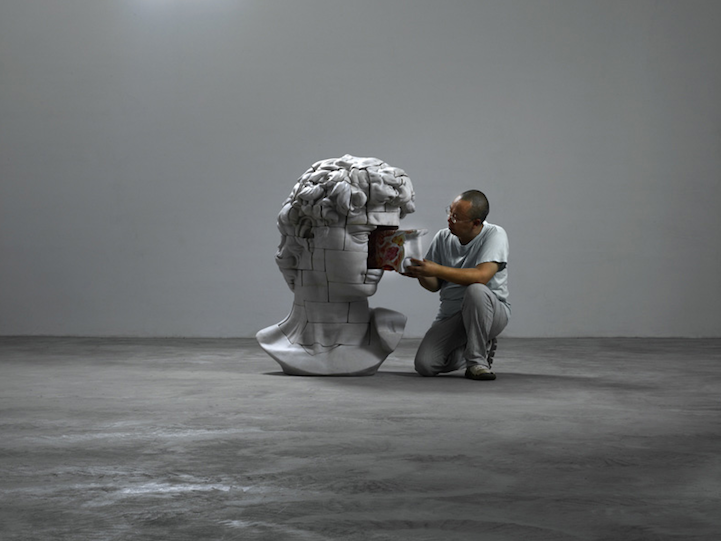
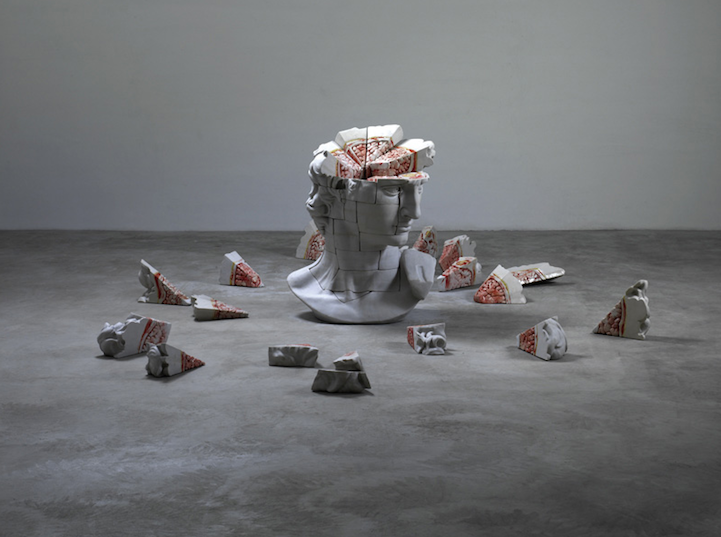
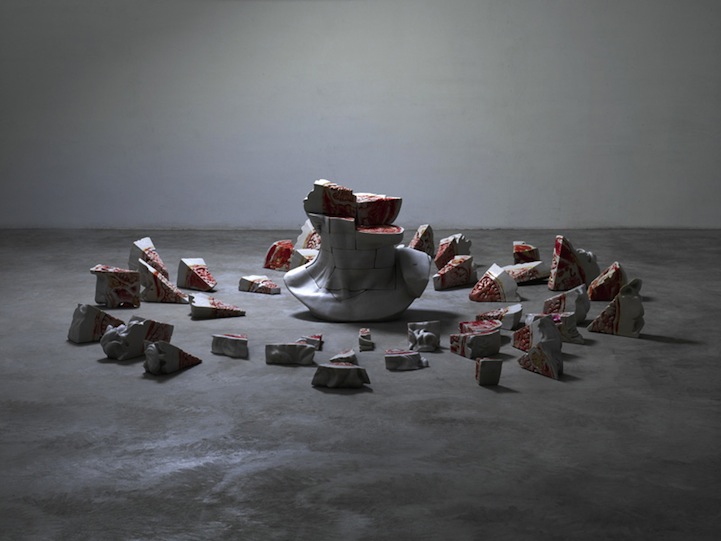
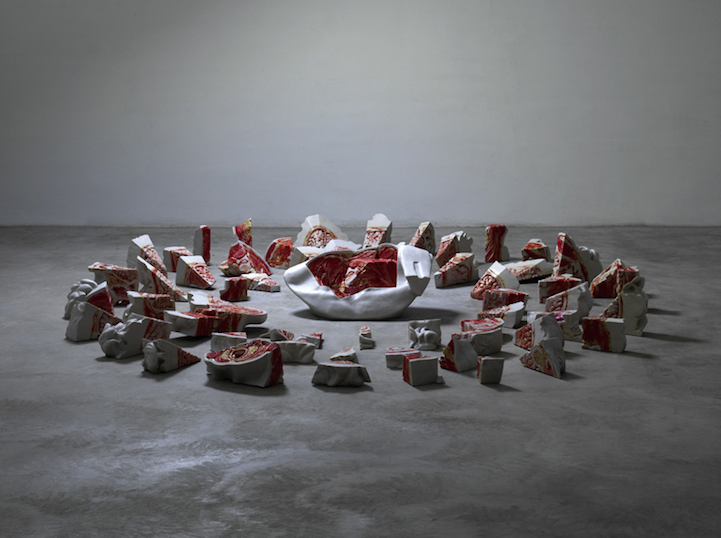
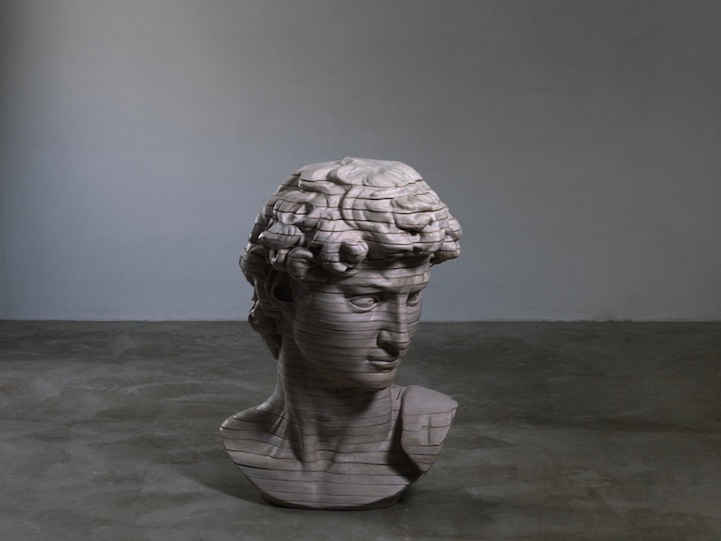
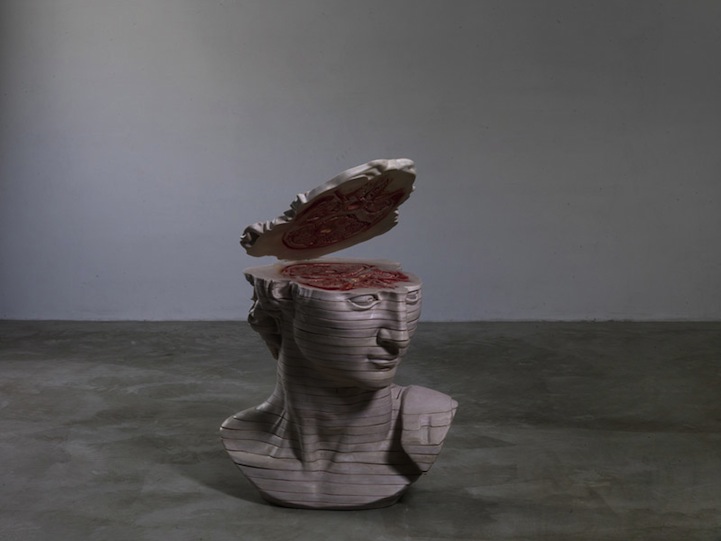
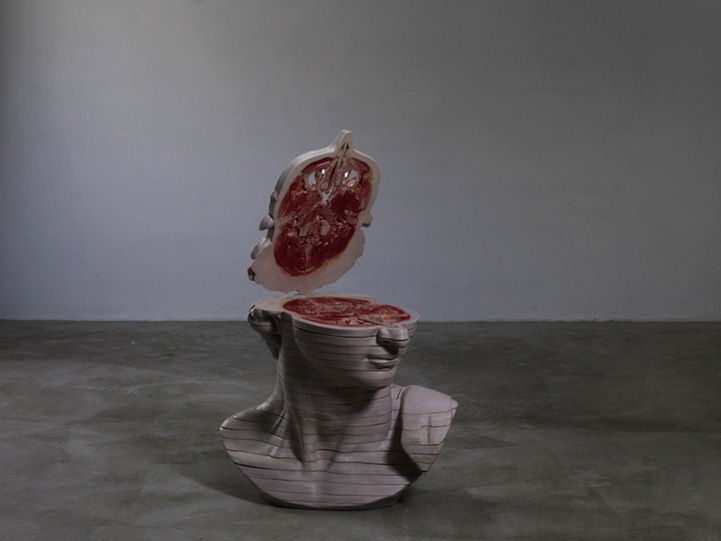
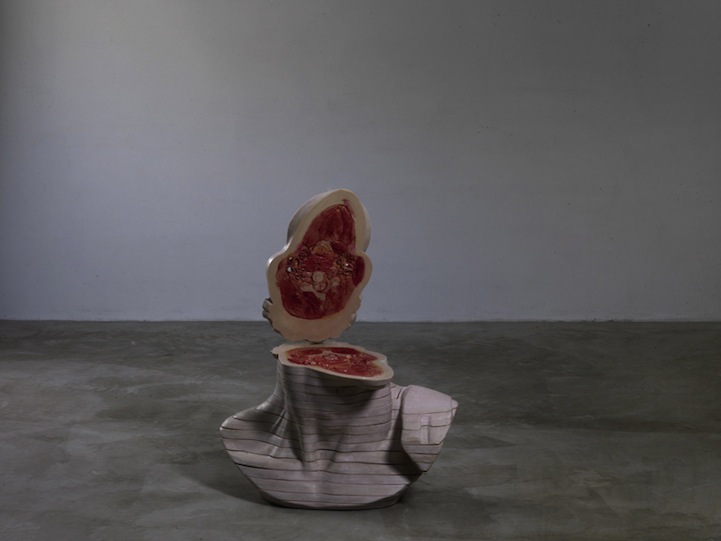
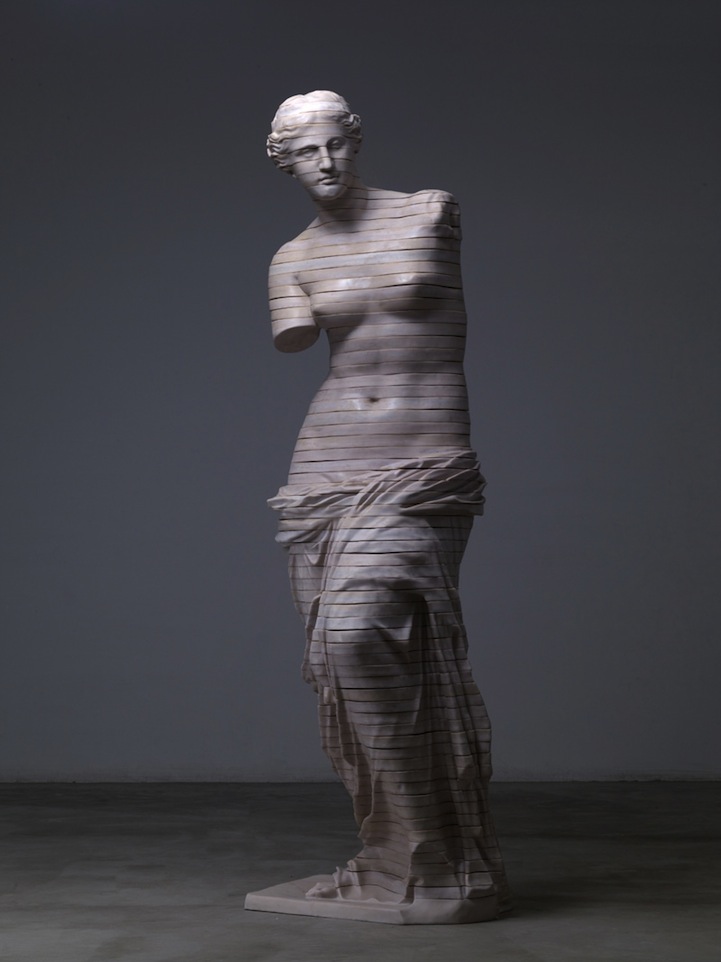
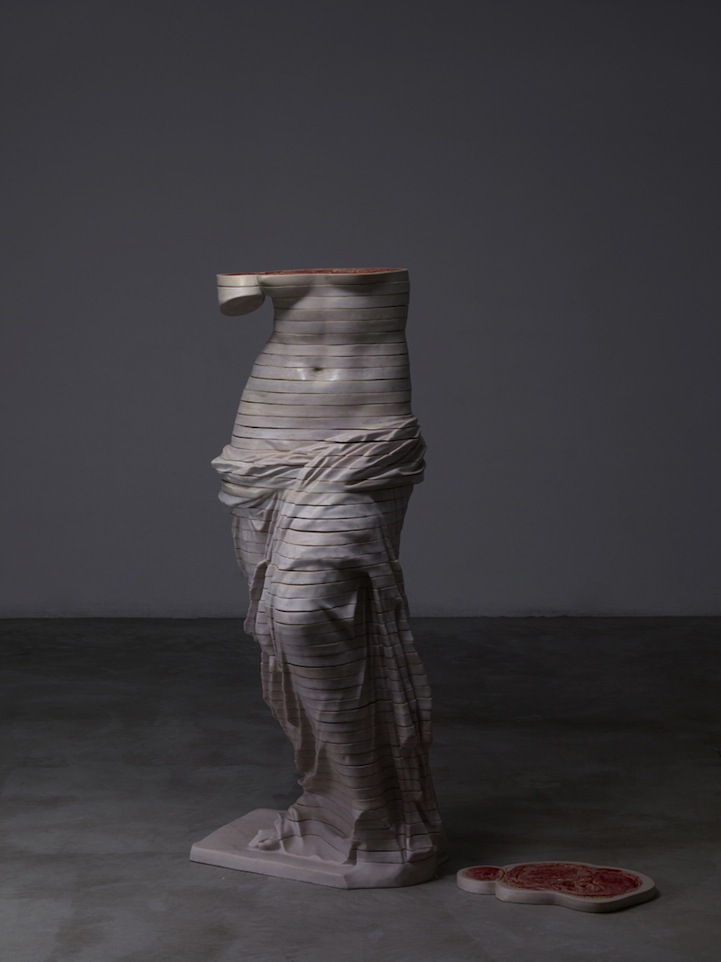
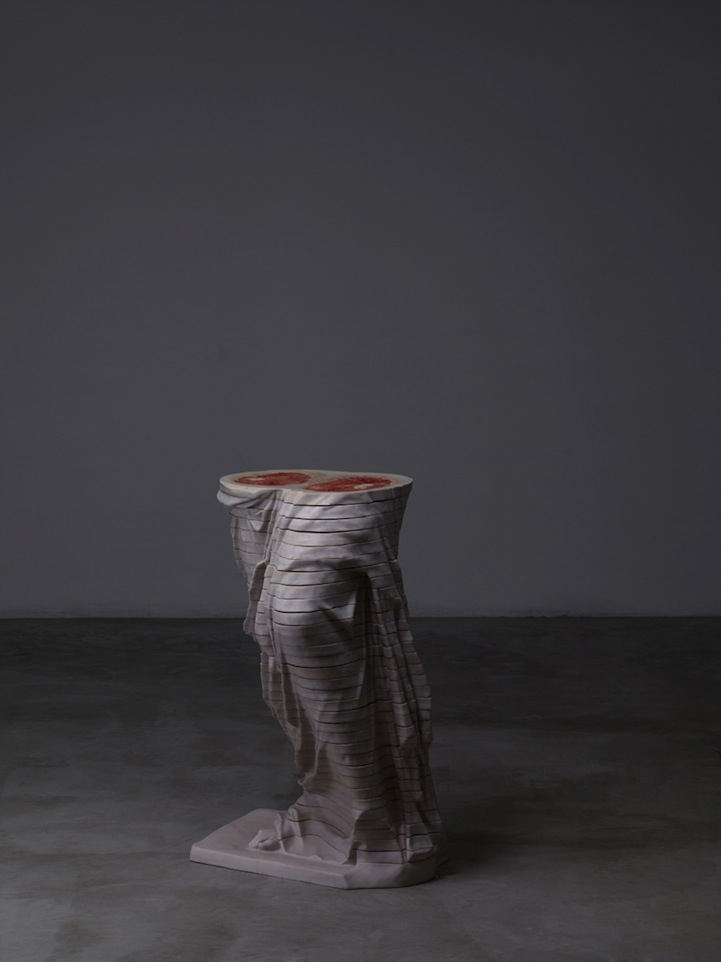
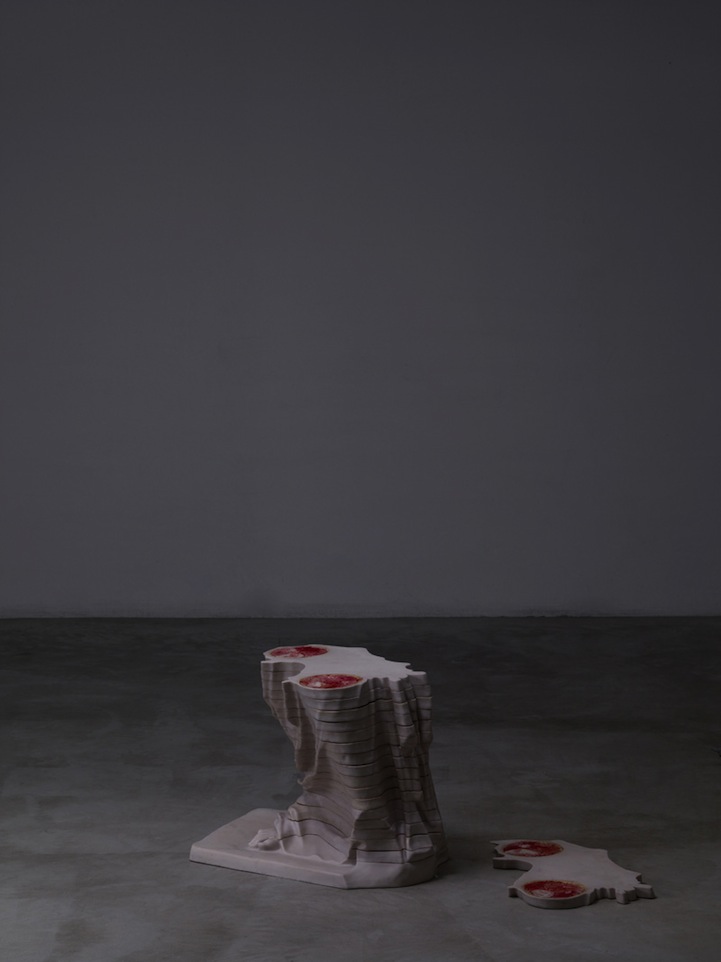
h/t: [Unknown Editors, Lin & Lin Gallery, PIFO]












































































